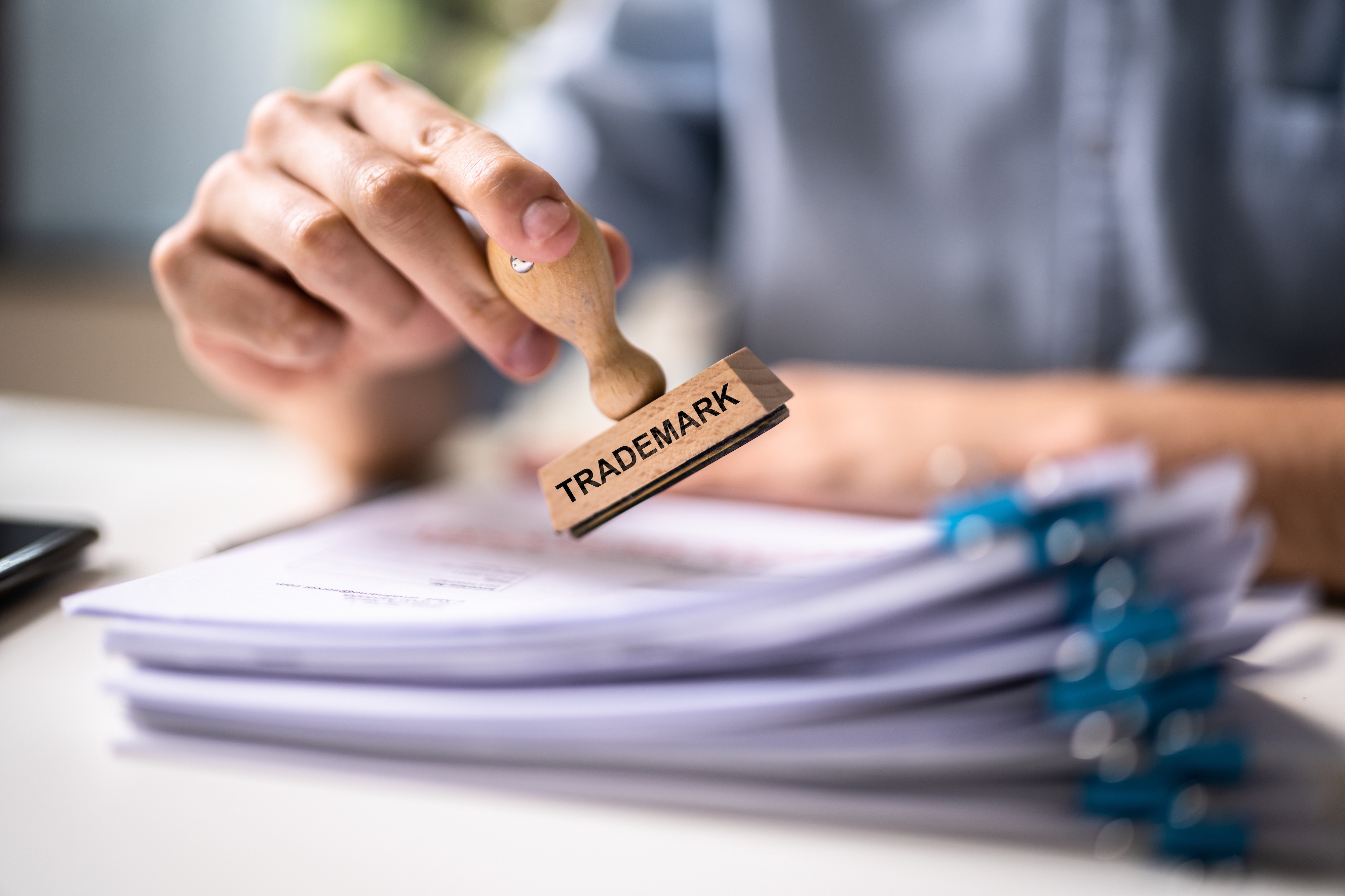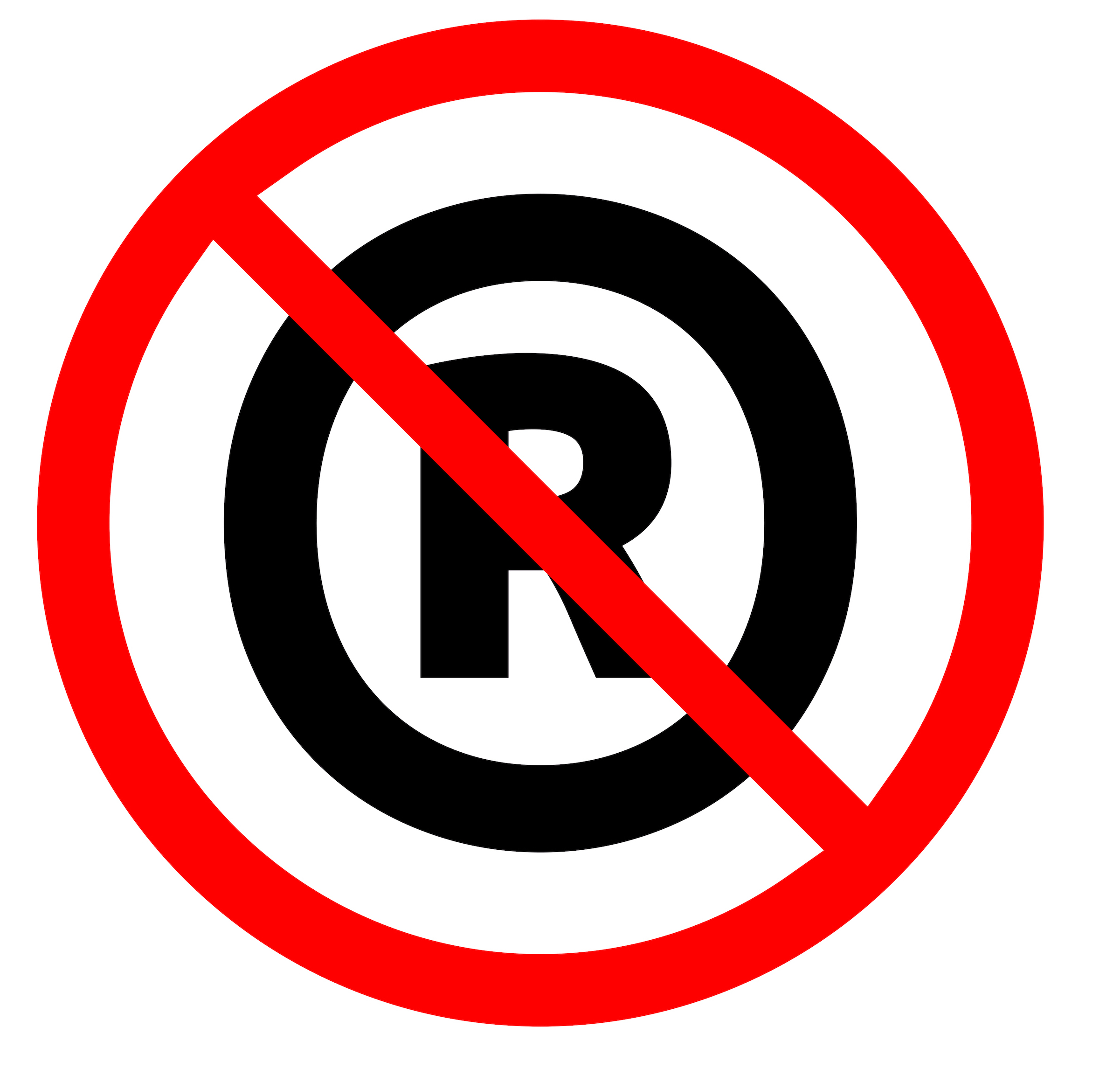Regulations implementing the Trademark Modernization Act of 2020 (TMA) went into effect on December 18, 2021.
Two ex parte proceedings to cancel unused registered trademarks: expungement and reexamination proceedings provide a faster, more efficient, and less expensive alternative to a contested inter partes cancellation proceeding at the Trademark Trial and Appeal Board (TTAB).
These new proceedings allow any party to challenge any good or service in a registration, if that party provides evidence establishing a prima facie case of nonuse. Registration owners must then prove that they were using the challenged goods or services in commerce on or before a particular relevant date.
Expungement proceedings.
Any party may request cancellation of some or all of the goods or services in a registration because the registrant never used the trademark in commerce with those goods or services.
Time limit. Expungement must be requested between three and ten years after the registration date. Until December 27, 2023, however, a proceeding may be requested for any registration at least three years old, regardless of the ten-year limit.
Who can request expungement.
Any third party may file a petition with the USPTO to request institution of an expungement proceeding. The petition is filed in the petitioner’s name. The petitioner may be an individual or a juristic entity. The USPTO Director may institute these new proceedings, even without a petition requesting institution or individual.
The request must include:
- A verified statement that establishes a reasonable investigation was conducted regarding whether the trademark had been used in commerce with specified goods or services and includes a concise factual statement explaining the basis for the petition
- Evidence supporting a prima facie case of nonuse in commerce (“a reasonable predicate”) and an index of the evidence.
- The $400 government filing fee PER class of goods or services
In the case of Expungement, the USPTO Director will institute a proceeding if the following occurs:
The petition to request institution of an expungement proceeding establishes a prima facie case that the trademark was never used in commerce for some or all of the specified goods or services.
Determination:
If the USPTO determines that:
The registrant showed use in commerce of the trademark (or, for expungement proceedings, established excusable nonuse for registrations with underlying applications based solely on §44(e) or §66(a)), for all of the goods or services at issue. The registrations will not be cancelled.
The registrant deleted all of the goods or services at issue or surrendered the entire registration. The registration will be cancelled as to the deleted goods or services.
The registrant did not show use in commerce of the trademark (or, for expungement proceedings, did not establish excusable nonuse for registrations with underlying applications based solely on §44(e) or §66(a)), for some or all of the goods or services at issue, or otherwise fails to comply with all outstanding requirements, the USPTO will issue a final action addressing the registrant’s evidence or arguments and setting forth the decision that the registrations should be cancelled as to those goods or services.
Appeal or request reconsideration of decision.
The registrant will have three months to request reconsideration of this decision or to appeal it to the TTAB. If the registrant doesn’t file a request or appeal, the USPTO will issue a notice of termination of the proceeding that specifies the final determination regarding the goods or services at issue, and the registrations will be cancelled in whole or in part. Filing a request for reconsideration does not extend the time for appeal.
As of December 2022, there have been 107 expungement proceedings filed.
I’d like to help by advising you on how to better monitor your brands and consequently enforce those rights through Expungement Proceedings if needed.



